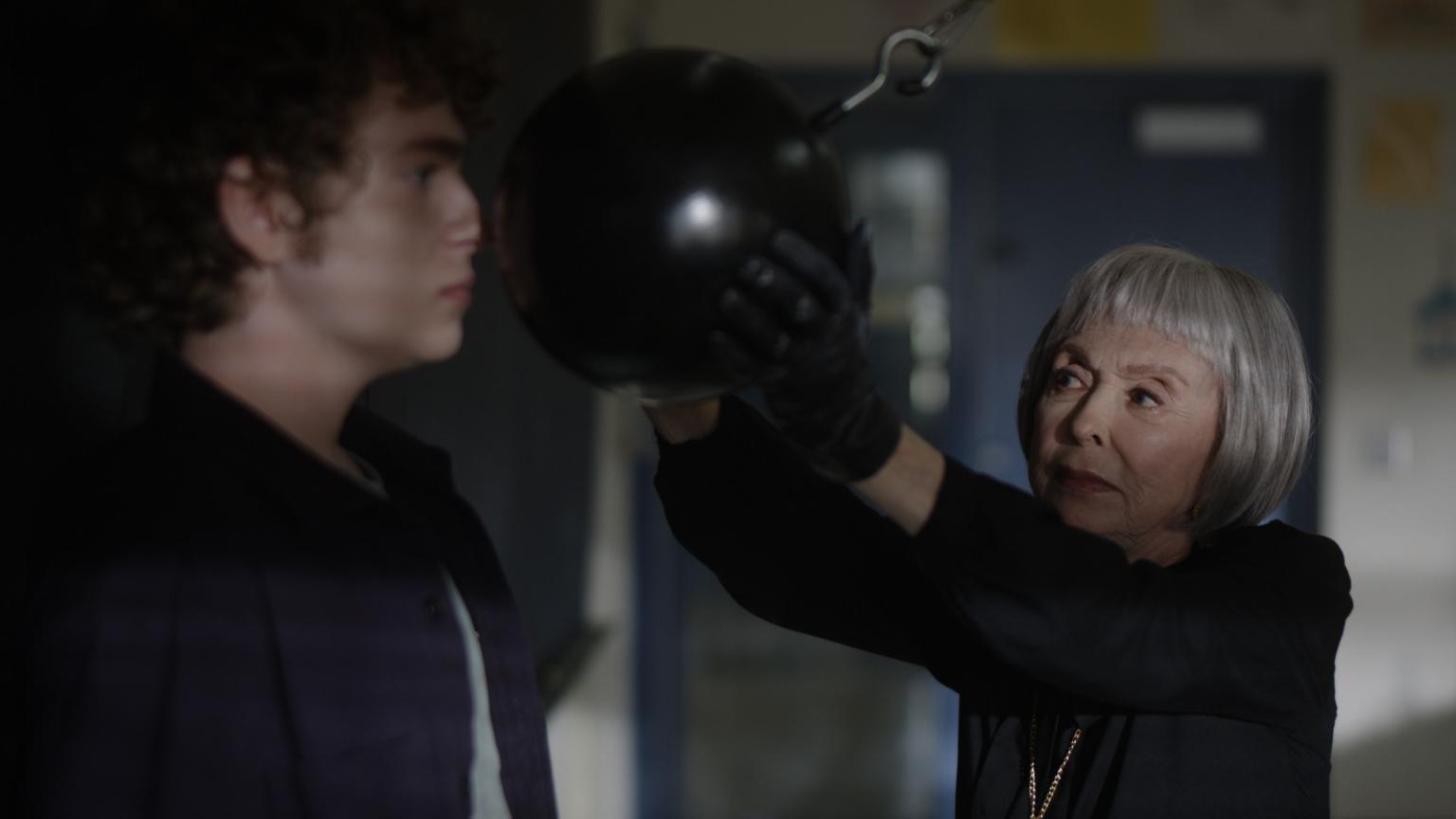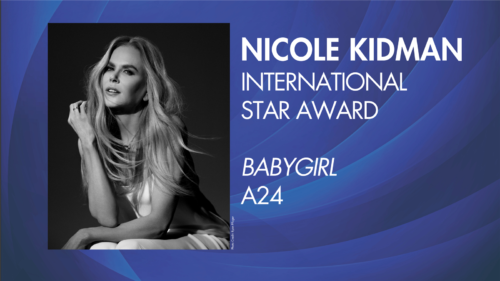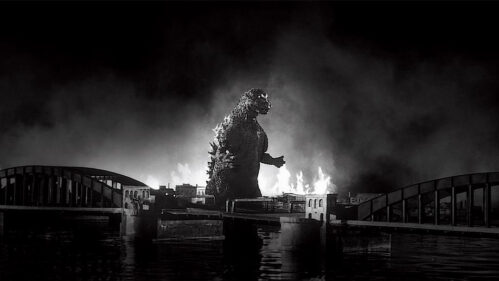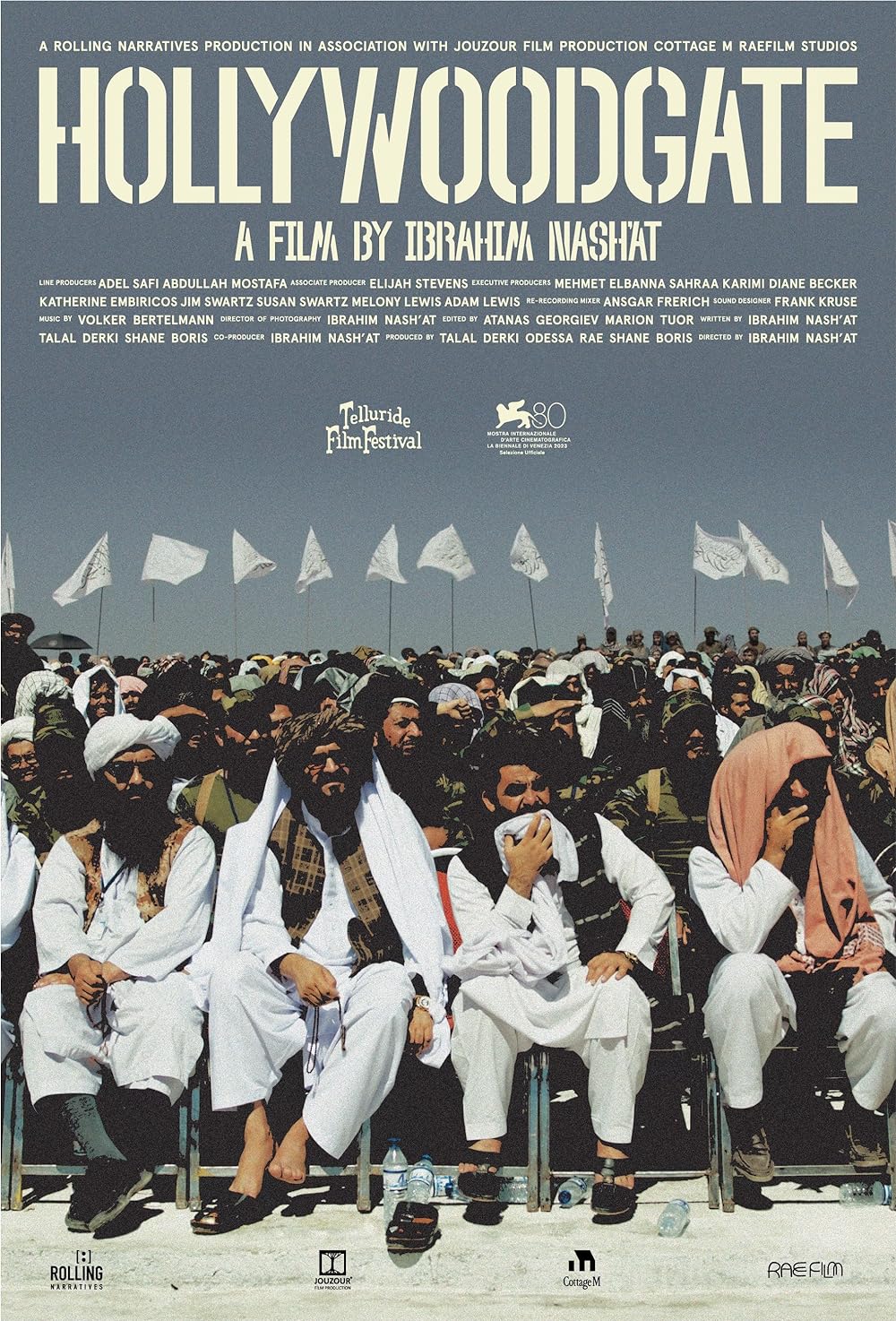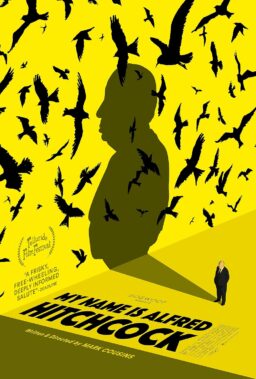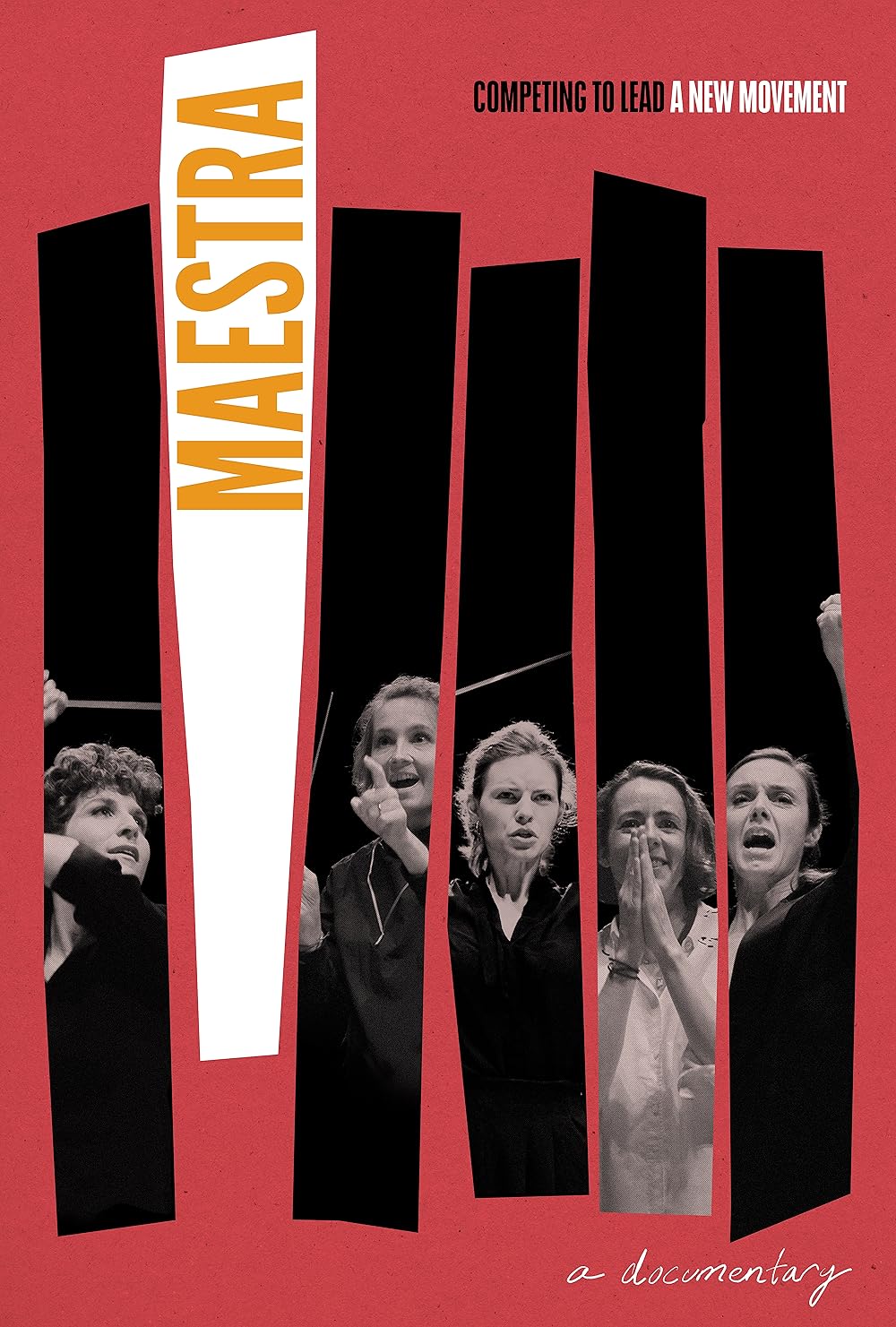It's true that film festival movies with unique concepts tend to get all the attention. At SXSW, where the lineup is typically dominated by comic, scary or novel storytelling, a movie needs to do more than just seem interesting. Filmmakers who want to stand out from SXSW's colorful pack also must deliver on the promise of a cool-sounding story or attractive cast, regardless of whether they're still seeking distribution or are here with recognized studio backing already in place.
Three movies at this year's fest exemplify the importance of story structure and judicious use of their extensive dialogue, some for good, some for ill. All these movies are talky. In the case of one, that's a feature. In the others, it comes off as lazy or tiresome.
"The Prank," directed by Maureen Bharoocha, features after-school-special dialogue paired with a ludicrous plot that occasionally resembles the self-aware satire of shows like Peacock's "Saved By the Bell" reboot (which Bharoocha directed an episode of). It's difficult to tell, however, whether the film's overly expository writing is intentionally flat or the result of poor scripting. Bharoocha's movie has a couple of neat twists, but generally suffers from a severe case of telling rather than showing.
Ben (Connor Kalopsis) and Tanner (Ramona Young) are best friends and high school seniors. Ben is an overachiever, determined to get a scholarship that will allow him to attend his late father's alma mater. Tanner is a chronic underachiever who plans to stick around their town chasing dreams of musical stardom.
Ben's dreams are jeopardized when his notoriously tough AP physics teacher, Mrs. Wheeler (a scenery-chewing Rita Moreno), suspects there's a cheater in their class, and fails the entire group until the culprit comes forward. Ben and Tanner get revenge by framing Mrs. Wheeler for murdering a missing former student. As their rumor takes off and Mrs. Wheeler suffers the effects, Ben feels guilty; but Mrs. Wheeler may not be as innocent as she seems.
Moreno's performance is the movie's centerpiece. The script by Rebecca Finn-White and Zak White is light on character development, however, making her and other performers like Keith David, Kate Flannery and Meredith Salenger speak in unnatural, awkward statements that don't give us insight into their characters so much as explain their actions out loud. Consequently, Moreno—the only cast member with anything interesting to do or say—plays it to the rafters and walks all over everyone.

Richard Linklater's rotoscoped "Apollo 10 1/2: A Space Age Childhood" has its charms, but also prefers to talk at the audience. Linklater sets up a delightful story, then drops it for most of the run time in favor of an illustrated monologue about the joys of growing up during the space race.
In 1969, Young Stan (Milo Coy), is growing up in the shadow of NASA in suburban Houston. Like everyone else, Stan is obsessed with the moon mission. Unlike his classmates, he plays a top-secret role in making it happen. Two NASA officials (Zachary Levi and Glen Powell) show up at Stan's school to recruit him for a special mission: they accidentally built the lunar module a tad too small, and it's up to Stan to fly the thing as a trial run for the actual Apollo 11 launch.
This is the stuff of childhood fantasy, and a potentially fun tall tale. Before the film even finishes Stan's training montage, however, we get a record-scratch moment. Narrator Jack Black, affecting a light Texan twang as the adult Stan, derails his story to announce he wants to tell us about life in the 60s, which he proceeds to do for the next hour.
Linklater has always been an appealingly meandering director, and his best films usually wander as a way of letting us get intimately acquainted with his characters. The ramblings of "Apollo 10 1/2," don't do much beyond wallow in nostalgia for "Dark Shadows" and drive-in theaters. The rotoscoped elements work well for the lunar module-based moments, but since so much of the film is based on the ground, the format often obstructs the natural energy of Stan's interactions with his parents and older siblings.

"Bodies Bodies Bodies," from director Halina Reijn, featuring a script from playwright Sarah DeLappe ("The Wolves") and "Cat Person" author Kristen Roupenian, is also big on talk. Fortunately, all the yakking here serves to ramp up the tension, broken up occasionally by raucous humor. Reijn and her collaborators' horror-comedy is essentially a coked-up, glowstick-adorned version of "The Mousetrap," and it's exactly as fun as that description sounds.
On the eve of a hurricane, rich kid Sophie (Amandla Stenberg) takes her girlfriend Bea (Maria Bakalova) to a party at her best friend David's (Pete Davidson) palatial family home. The other guests are Sophie's backstabbing lifelong pals, including Emma (Chase Sui Wonders), David's actress girlfriend, type-A Jordan (Myha'la Herrold), daffy podcaster Alice (Rachel Sennott) and Alice's much older new boyfriend Greg (Lee Pace).
As the storm rages, the friends (who have been plying themselves with drugs and booze for hours) play a game called Bodies Bodies Bodies, in which a designated "murderer" walks around the darkened house picking off pretend victims until their identity is unmasked. Things get real when actual bodies start falling, and the characters realize there's a killer in their midst.
The lightning-fast dialogue of "Bodies Bodies Bodies" scathingly satirizes its "Gossip Girl" wannabe friend group while also making them a lot of fun to be around. Sennott steals the show, building on her breakout turn in "Shiva Baby" with another standout performance as the easily confused, hilariously self-involved Alice.
Reijn makes the most out of the movie's single setting with a swerving camera and emotional closeup shots. The EDM-inflected score from "It Follows" composer Disasterpeace also keeps things propulsive but is used only when Rejin's trying to get the audience amped. For the most part "Bodies Bodies Bodies" smartly allows its talented cast to dig themselves into a gloriously silly (and bloody) hole, keeping viewers guessing about the resolution until the final minutes.

